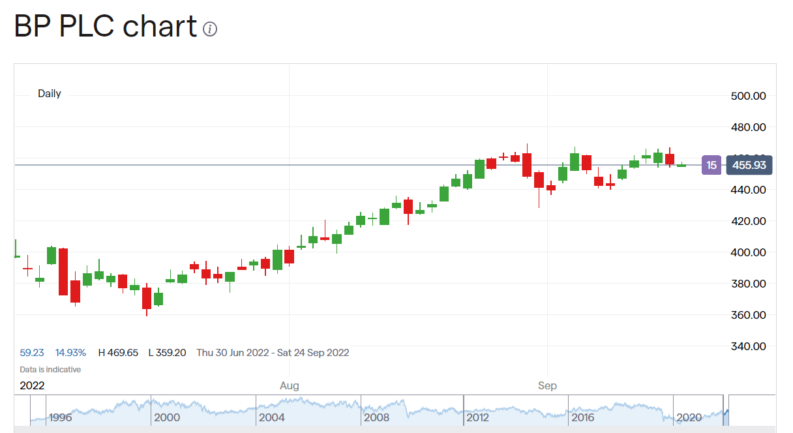Key points:
- BP is still making very good profits in Russia
- BP can't collect that money and values it at nothing in the accounts
- But should we value it in our valuation of BP?
BP (LON: BP.) and (NYSE: BP) is still making vast rivers of cash in Russia. This is something that isn't on BP's books at all, but it is something that might – might – end up there. So, this is something that should be included in any valuation we give to BP shares. In one sense it's an interesting example of how book value needs to be highly adjusted before it gives us the chance to value a company properly. We need to know what is carried on the books at no value, what's at purchase value, what's been upgraded to market valuation and even, yes, what's there at above market value.
We can also say that it's a bit off to be looking at this while events over there are still going on. But then that's capitalism and markets for you, entirely amoral. Any morality comes into the decision of what we decide to do, not into having a look and thinking about what could be done.
Now, of course we know that BP's operating profits are high at present given high oil and gas prices. This is not just owning the wells – in fact much of the profit there goes to governments in royalties. It's that the end of trade with Russia in both crude and distillates means a reorganization of the global industry flow. So, the trading arms of the majors are making excellent profits given that turmoil. Also, refinery divisions in Europe are making fortunes – the area relied upon Russian refineries which it can no longer do. So, margins at the limited European capacity have soared.

Also Read: The Best Oil Stocks To Buy Right Now
However, we also know that BP made a vast loss earlier in the year. This is because it wrote down its investment in Rosneft to no value – all over the same events of course. But here's the thing. That stake in Rosneft is worth something – whatever something might be. BP is having difficulty in selling it. So it sits on BP books as being worth nothing and it doesn't have a direct market value. But it is still worth something.
For Rosneft is also making profits. And paying dividends. Now, Rosneft can't pay the dividend to BP under those same restrictions on paying Russian profits to foreigners. But the system is that it goes into an escrow account and its fate is to be decided later. Last year's dividend is worth some £1.2 billion to BP. Which, even for a company of BP's size, is real money. But as we say, that doesn't appear anywhere in BP's books. Neither the dividend nor any value to an asset which produces such a dividend stream.
By both moral and accounting standards BP's current valuation of that Rosneft stake and dividend stream is probably right. But it is still there and should be considered in any decisions about BP's share price.




